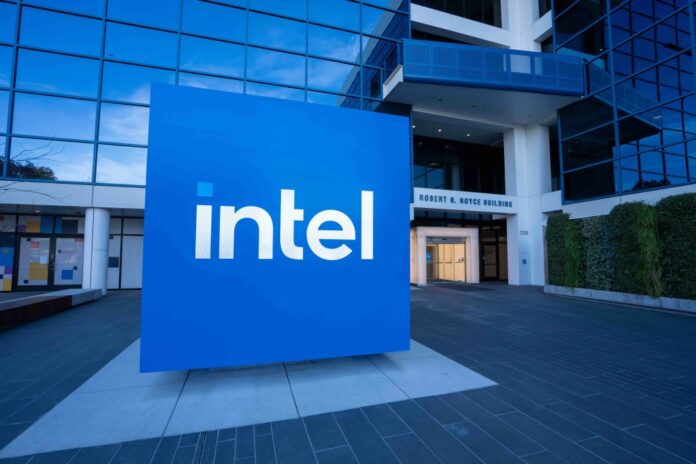Gelsinger allegedly resigned on 1 December, having been told he could quit or be removed by the board
It seems that Intel’s board of directors was not convinced by Pat Gelsinger’s expensive and ambitious turnaround plan for the beleaguered chip maker. Reportedly it gave him the choice of resigning or being sacked. Gelsinger’s departure is less than four years after he took the helm at Intel in 2021 and long before his four-year turnaround plan had run its course.
This was Gelsinger’s second stint at the chipmaker, which he joined originally in 1979 and went on to become its first CTO. Upon rejoining, as breakingnews.ie puts it, he “inherited a company rife with challenges that he compounded. Setting lofty ambitions for manufacturing and AI capabilities among major clients, Intel ultimately lost or cancelled contracts under his watch, and was unable to deliver the promised goods.”
Its dramatic fall is the results of years of poor decisions and being out of step with the market. For example, failing to get into the data centre business more than a decade ago was a huge blunder. Another was Gelsinger beginning the construction of a $20 billion site in Ohio in 2021 and hiring a larger workforce of 132,000, considerably higher than Intel had in its pomp.
Post-pandemic blues
After the pandemic the market for PCs and laptops dropped like a stone, driving Intel’s gross margins through the floor. Then the big recovery plan was to become a major supplier of chips for others, known as the foundry model. But it had too few foundry contracts, with the likes Microsoft and Amazon, which were also too low in volume to be viable.
Softbank was interested in teaming up with Intel to challenge NVIDIA’s dominance of AI silicon (see below) but Intel was unable to meet the demand and the deal fell apart.
Other plans were put on hold, most notably from a European point of view, it was planning to build two chip factories in Saxony-Anhalt near Berlin, an investment of about €30 billion that was expected to create some 3,000 jobs. Now that investment will be put on hold for at least two years.
Intel will also delay building a new chip factory in the Polish city of Wroclaw for at least two years. The €4.2 billion project had been described as the “largest investment in Polish history.” Some €1.7 billion of the cost would have been met by state aid.
During Gelsinger’s term, Intel’s share price fell more than 60%, thousands of people lost their jobs and there was much speculation about takeovers and asset sales, such as Qualcomm potentially being interested in acquiring some parts.
Intel had to abandon its revenue forecast at the end of October, but even so, the timing of Gelsinger’s departure is something of a surprise. At the end of last month, the Biden-Harris Administration finalised a $7.86 billion funding award to Intel under the US CHIPS Act.
NVIDIA chips in
As Intel fell – only five years ago Intel was the world’s most valuable chipmaker rival, according to the FT – NVIDIA rose, providing a sharp contrast. It passed the marketcap threshold of being worth more than $3 trillion in June 2024, briefly overtaking Apple to be the world’s most valuable company. The Taiwan Semiconductor Manufacturing Co supplies NVIDIA with chips. Propelled by AI, NVIDIA is now worth more than 30 times the value of Intel which dominated chipmaking for decades.
It’s hard to see what will pull Intel out of the doldrums but the two of the people tasked with steering its course immediately are the CFO, CFO David Zinser, and Michelle Johnston Holthaus. They will be acting Co-CEOS. In addition, Holthaus has been appointed as CEO of Intel Products, which covers the Client Computing Group (CCG), Data Center and AI Group (DCAI) and Network and Edge Group (NEX).
The independent chair of Intel’s board, Frank Yeary, will be interim executive chair during the transition period, while another CEO is sought. The leadership of Intel Foundry is unchanged. It is being spun out into a standalone unit, possibly in readiness for sale.



